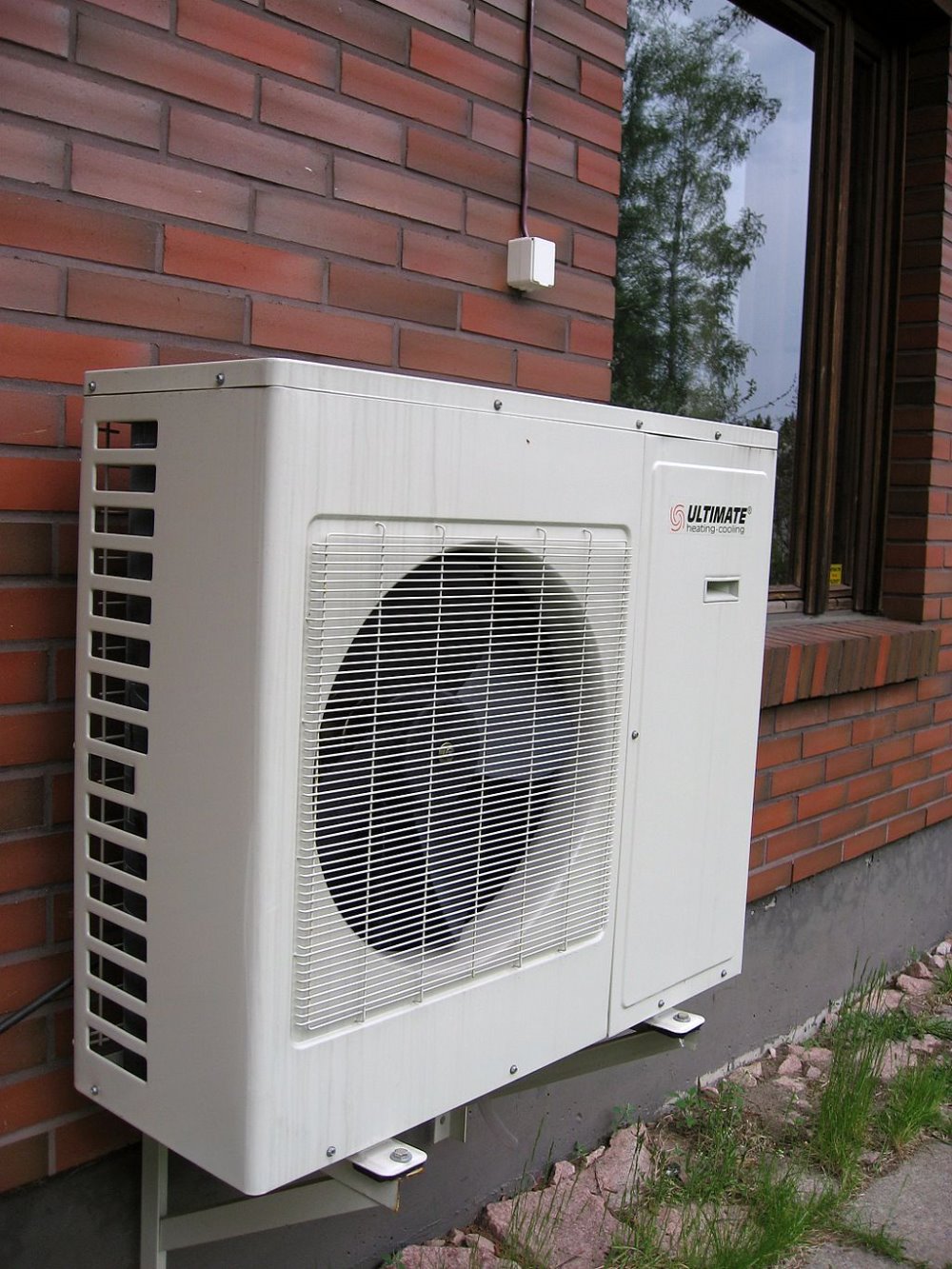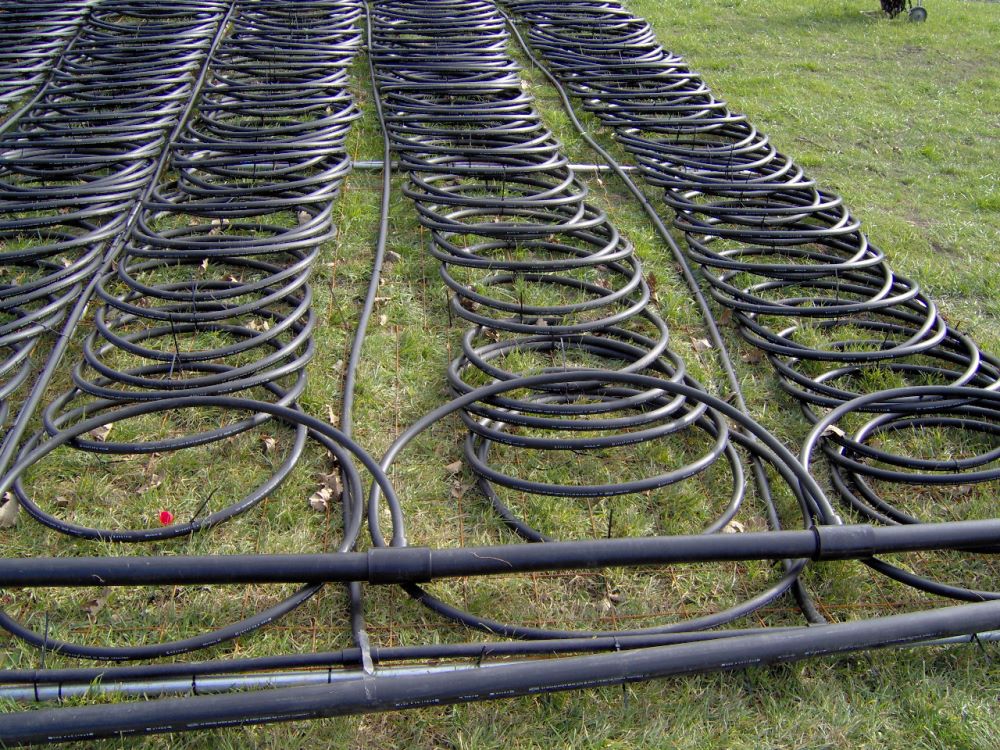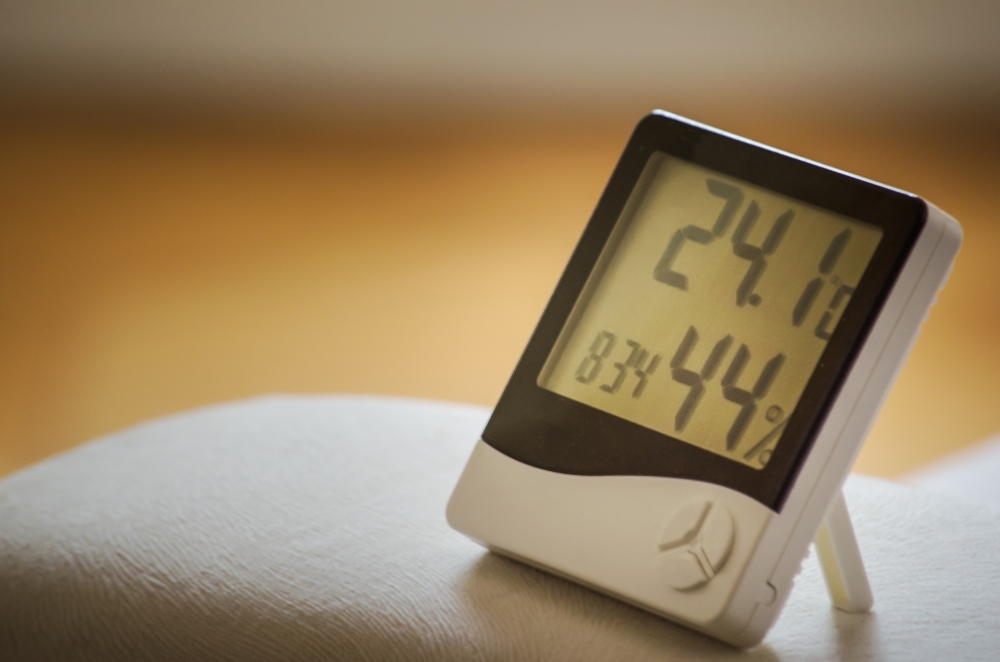Ground Source or Air Source Heat Pumps – Which Is Better?
Air source heat pumps vs ground source heat pumps; the debate continues between these two similar but distinct technologies. Between May and July 2022, almost 903 ground and air source heat pumps were used to displace other types of home heating fuel including gas, oil and coal.
With gas boilers to be banned from 2025, more and more people are taking advantage of the government’s Boiler Upgrade Scheme to get up to £6,000 off the cost of more efficient central heating systems, so we wanted to share our thoughts on air source heat pumps vs ground source heat pumps, and which might be best suited for your home.

Which Is Better; Ground or Air Source Heat Pumps?
Both ground and air source heat pumps come with advantages over older methods of central heating, including lower fuel bills and a reduced carbon footprint.
They are considered energy-efficient as they use less electricity than the heat they produce – for every 1kWh of electricity your heat pump uses, it might produce 3 or 4kWh.
What Is an Air Source Heat Pump?
Also known as an air-to-water source heat pump, these are often said to work like ‘refrigerators in reverse’. Outside air is moved over pipes containing a liquid refrigerant, which is then compressed to increase its temperature.
The heat can then be used either in radiators and underfloor heating, or for heating water.
What Is a Ground Source Heat Pump?
In a similar way to air source heat pumps, ground source heat pumps also use a fluid to absorb heat – but, of course, they harness heat from the ground. This is achieved using ‘ground loops’, which are water pipes buried underground, and the fluid is then compressed and used to heat your home and water.
The ground loops for ground source heat pumps can be buried either horizontally, in long trenches, or vertically, in boreholes. The latter is ideal if you don’t have as much land around your property (although you will still need enough space for digging machinery to manoeuvre around), but often requires specialist equipment and sometimes even planning permission to dig as deep as is required.

Air Source Heat Pumps vs Ground Source Heat Pumps
Installation
Air source heat pumps definitely take the lead when it comes to installation. The external units look very similar to air conditioning units and can be quickly and easily mounted outside your property. One thing to consider, however, is that they do make some noise, so in population-dense areas, you may have to discuss your intent to install an air source heat pump with the local authority.
By comparison, ground source heat pumps require significant disruption as they need to be installed underground. However, once the pipes have been laid, they can last for a very long time (as they are underground and so protected from the elements), so it is a one-off disruption!
Lifespan
Speaking of lifespan, the average design life of both ground and air source heat pump units is around 20 years, and can be prolonged with proper care and maintenance. For ground source heat pumps, while the unit may need replaced after 20 years, the underground pipes themselves will have a lifespan of 50-100 years, so you won’t have to dig up your garden.
One way to further improve the life of your air source heat pump is to use anti-vibration mounts. These rubber and metal parts can help to reduce noise pollution and long-term damage from the vibrations of the compressor unit.
Cost
On average, a ground source heat pump can cost anywhere from £14,000 to £20,000 to install (and significantly more if you are using boreholes rather than trenches) but, according to the Energy Saving Trust, you could save up to £2,500 annually on your fuel bill depending on what system you are replacing.
Efficiency
A ground source heat pump is more efficient at heating your home and water, as a ground source heat pump typically doesn’t have to work as hard as an air source heat pump. This is especially true in very cold weather.
In warmer weather, the air holds more heat than the ground, and in this case, the air source heat pump can be more efficient.
Before committing to a heat pump solution, it’s important to consider where you live and whether a ground or air source heat pump will be most effective for your property.
So now you can decide for yourself which is better – air source heat pumps or ground source heat pumps? With the Boiler Upgrade Scheme running from 2022 to 2025, there’s never been a better time to upgrade your heating system. Make sure you keep your machinery long-lasting with suitable anti-vibration mounts; please get in touch with our team to see which mounts would be best for you.










